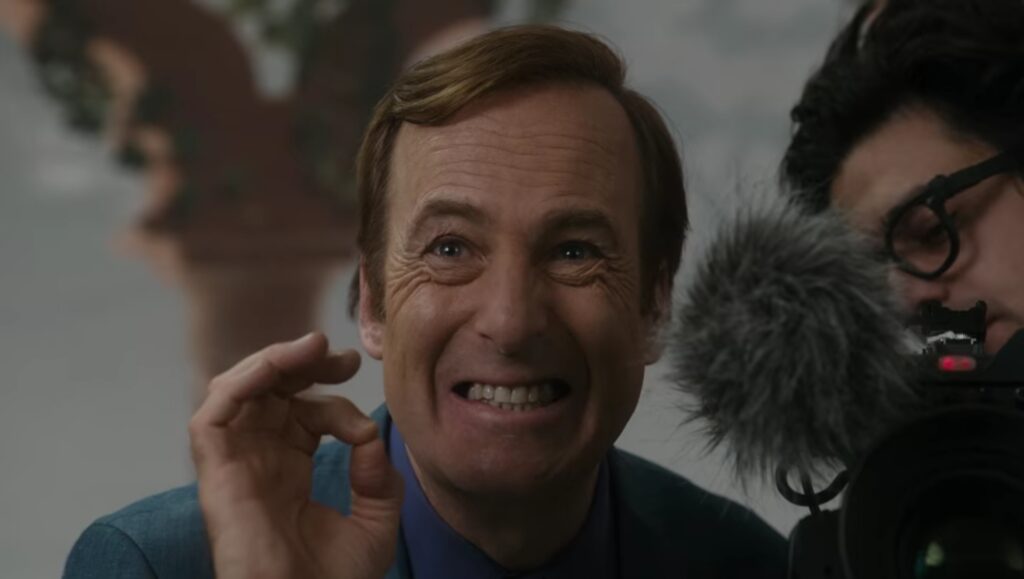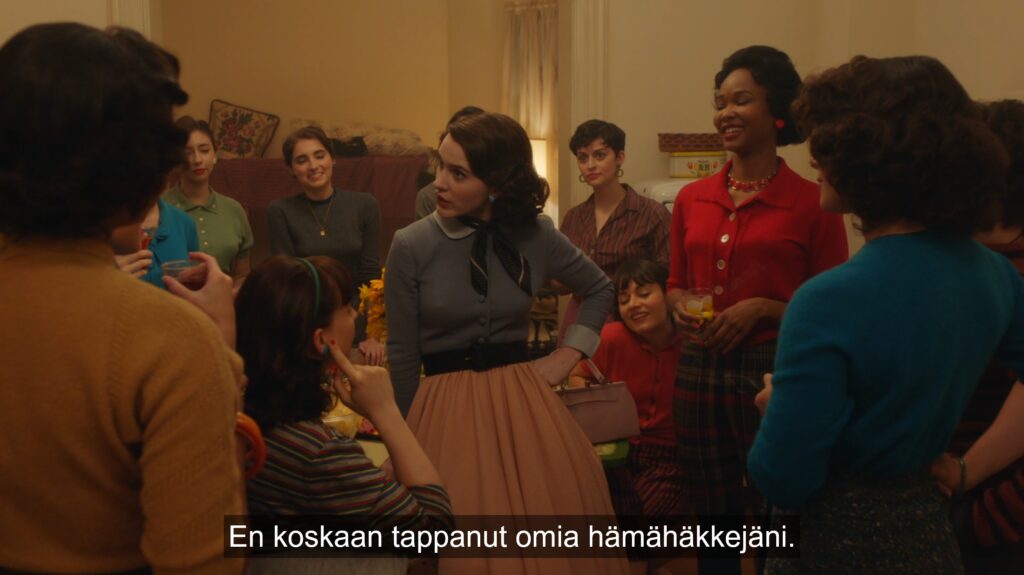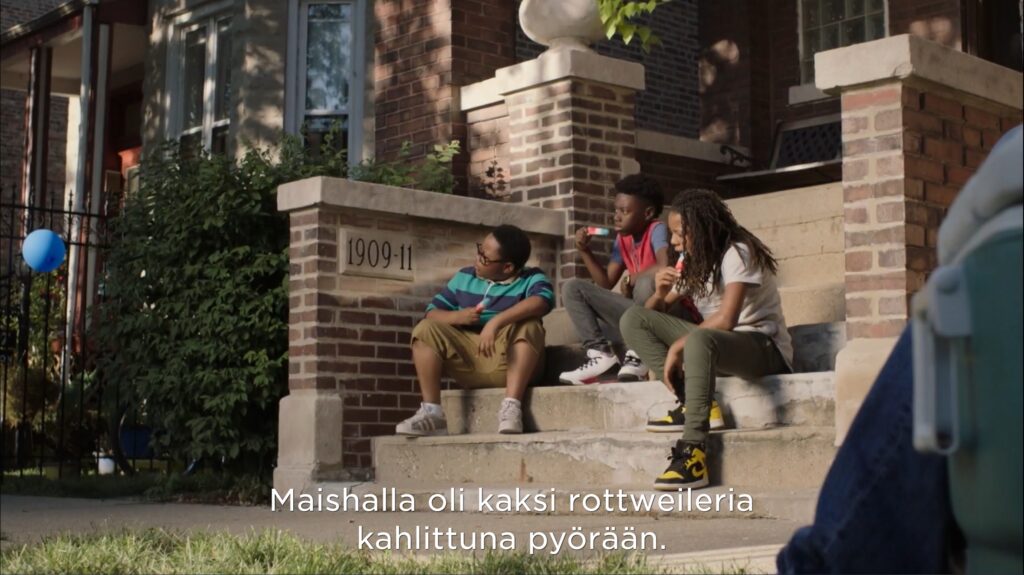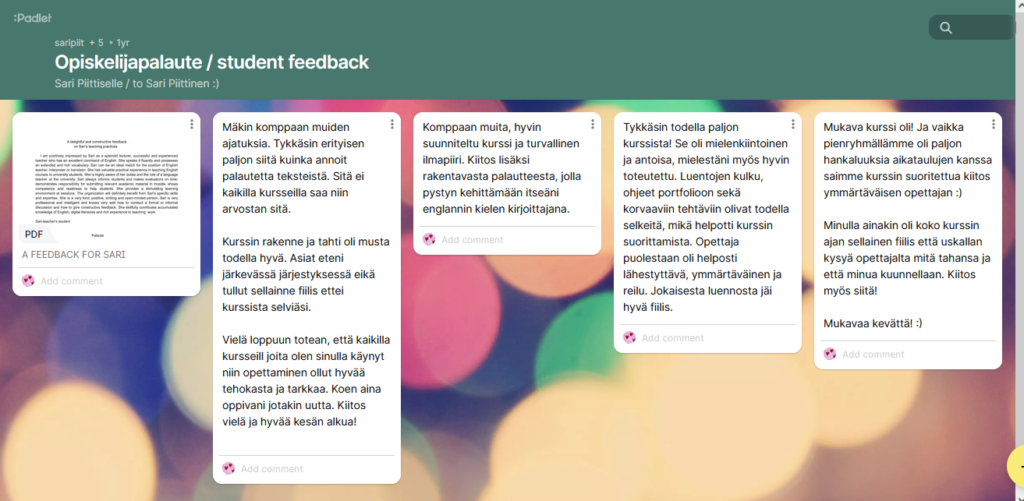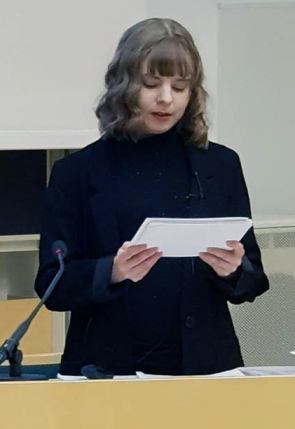Neither timid nor brave – autistic
I recently watched the first season of the Australian “Love on the Spectrum” series. The show mainly follows single autistic people who are trying to find love, but also features some autistic couples to show what their love and life is like. There’s a lot I dislike about the show, even if it gives sorely needed exposure to adult autistic life, but that’s not why we’re here today. I’m here to discuss how two specific scenes, I feel, are especially great for discussing how autistics, but especially autistic adults, can be misunderstood, and how I feel I have been misunderstood in my adult life.
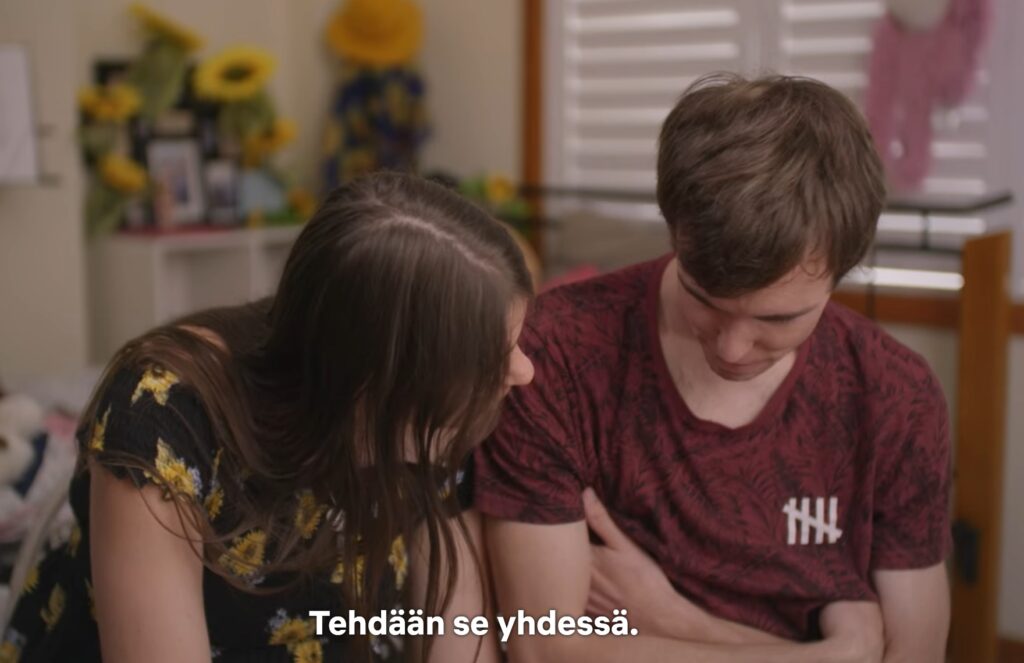
First, we need to meet Sharnae and Jimmy. When we are first introduced to them in the show, Jimmy seems to struggle with facing the camera and answering questions. He appears quiet and overwhelmed by the situation. Sharnae encourages him to engage, and he is eventually able to participate in the discussion.
The very first impression of Jimmy might invite many different types of interpretations of his character from others, especially neurotypicals. He might be interpreted as shy or timid – anything that is the opposite of “bold”. And that’s where people really go wrong. The physical, mental, and emotional responses or traits brought about by autism don’t equate to personality traits. In a (worth your time) YouTube video that I recently saw, Yo Samdy Sam said something insightful: “A lot of what we think are autistic traits that will always be there and they’re just a part of autism are actually expressions of autistic distress“. I guess it should go without saying that there is no sense in judging a person based on how they behave in a situation of distress. And to many autistics, such a situation of distress doesn’t require being filmed on camera, but could be caused by what others consider typical every day life: for example, dealing with the sights, sounds, and social expectations of modern city life.
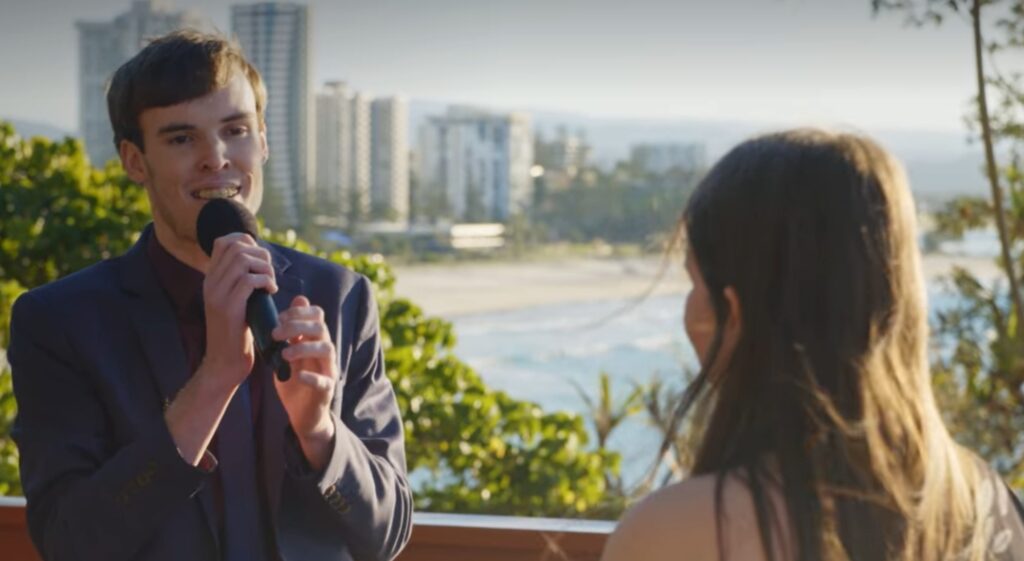
A later scene shows exactly how wrong such hasty interpretations of a person like Jimmy would be when he takes a microphone and sings to Sharnae, accompanied by a live pianist, before proposing to her on camera. This is not something that a shy or timid person would do. It’s a bold move, but not necessary bold or brave in the same way as people typically understand it. And this is the part where I start mirroring my own experiences into the scene: I don’t know what Jimmy was thinking or feeling at the time and how this scene came to be. But if I were to guess, he got the idea to do this for Sharnae, and once it felt like the right way to go about it, there was no other possible way of doing it – it would’ve haunted him forever had he not done it exactly this way. Once something feels right, there’s no option but to go for it; there’s no room for worrying about what others might think. There’s only the right way.
Just to underline again: I don’t know if that’s how it actually went for Jimmy. But this is how basically everything in my life has gone for me. I’m very easily interpreted as timid, shy, quiet, withdrawn, the ultimate introvert, and when I eventually make some unexpected decision or move, I may be suddenly perceived as brave and people may pat me on the back for “opening up” and “really showing myself” with the unsaid, but implied meaning “unlike before”. An experience of this that felt somehow extra condescending happened during my teacher studies. I was already 36 at that time and people I’d never met before were complimenting me towards the end of the studies, saying how I’d really made some kind of a breakthrough in opening up. I’ll be honest. I don’t think I’d changed at all. All my abilities were always there; the circumstances just didn’t allow me to show them until the end with the assessed teaching and solo presentations describing our individual journeys. I’ve always embraced situations where I’m given the stage to freely share something about myself or something that I’m interested in. How do you think I ended up streaming on Twitch? So yes, I included a clip of a music video in my presentation about my journey and had fun with it because that’s what I do, I do things my way. Was it brave? No, it was necessary. I can’t half-ass me.
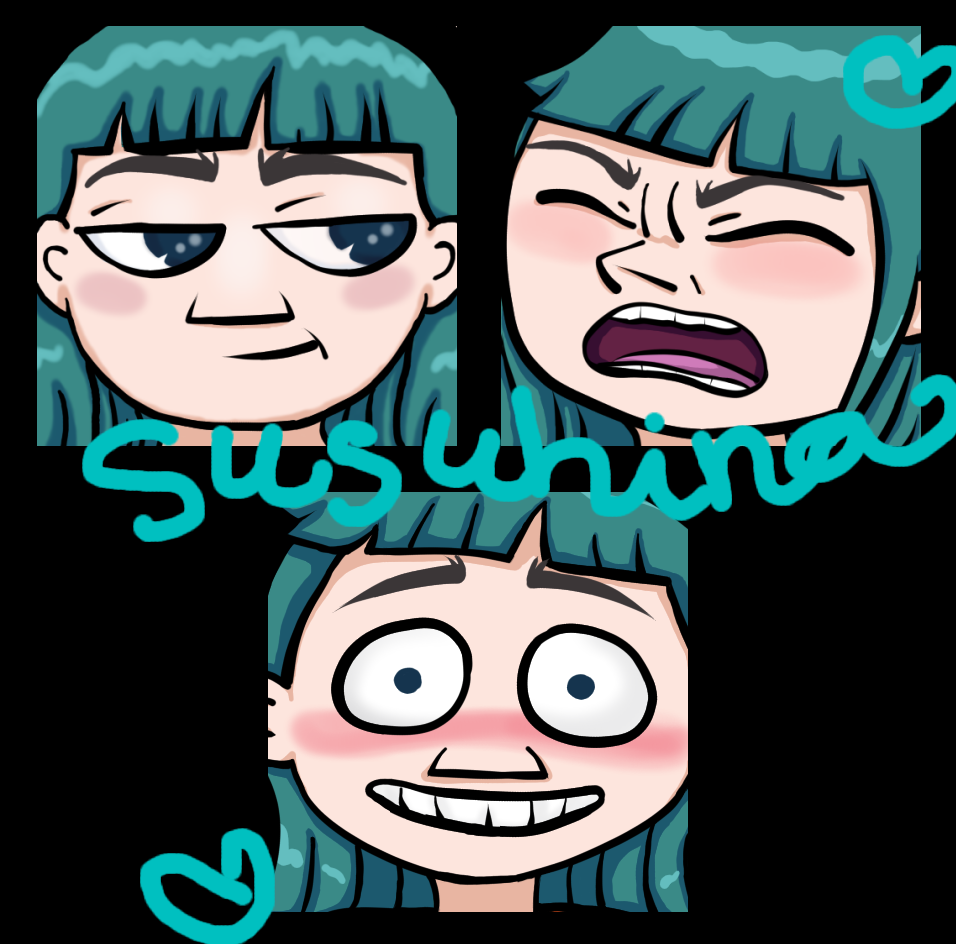
And that’s really it. The big and small choices that I make have to be authentic to myself, and me only. It’s kind of weird because while I care way too much what others think in social situations, in other contexts I don’t really care at all. As some examples:
- I chose to pursue doctoral studies not because I wanted a degree or anyone told me to, but because studying video games (and leaving Pello) felt like the next right move. I barely had any idea what doctoral studies were about; I just wanted to do research on video games.
- Whenever I’ve chosen to wear something outrageous or wear a bright lipstick or dye my hair a vibrant colour, I’ve done it because I’ve wanted to and it’s felt right. I’ve never considered how it might impact other people’s perceptions of me, my employability, etc. (My thought process is that if people can’t handle something as simple as this, they can’t handle any of me.)
- I’ve rejected attempts at romance because it hasn’t felt right and live by myself with two cats because that feels right. I’ve received a lot of crap about this from some relatives, but I’m not about to date someone just to please people who have no real interest in who I am as a person and what my needs are.
- I started streaming video games on Twitch at 35 because I wanted to claim a multimodal space where I could really express myself without being talked over by anyone.
- I’ve insisted on having my own aesthetics everywhere even if they are terrible, which explains why I learned how to draw my own emotes for Twitch, use a childish font on this website, and even learned how to cut my own hair. I’ve had an online presence since I was 15, which means that since then I’ve had websites, online blogs and social media profiles that I’ve needed to reflect my character and personality…
Throughout my life, I’ve heard comments from others about how this or that thing that I’ve done is “brave” and I’ve more or less felt confused because – like I said above – to me it wasn’t brave, but necessary. At the same time, it’s easy for me to say this because I’ve received relatively little explicit criticism for any of the things that I’ve decided to do (aside from the relatives who think I should be pumping out babies). Either people have judged silently or any “bold”, authentic thing that I’ve done was actually pretty cool… I think they were, anyway. Obviously, duh.
In any case, I think this may again be a case of my brain being wired slightly differently. I’m into following rules, I have very black&white thinking about some things, justice and fairness are incredibly important to me, and along those lines, if something feels the right way to do something, to me it’s the only possible way to do it.
Anyway. Timid? No. Bold or brave? Eh, debatable.



